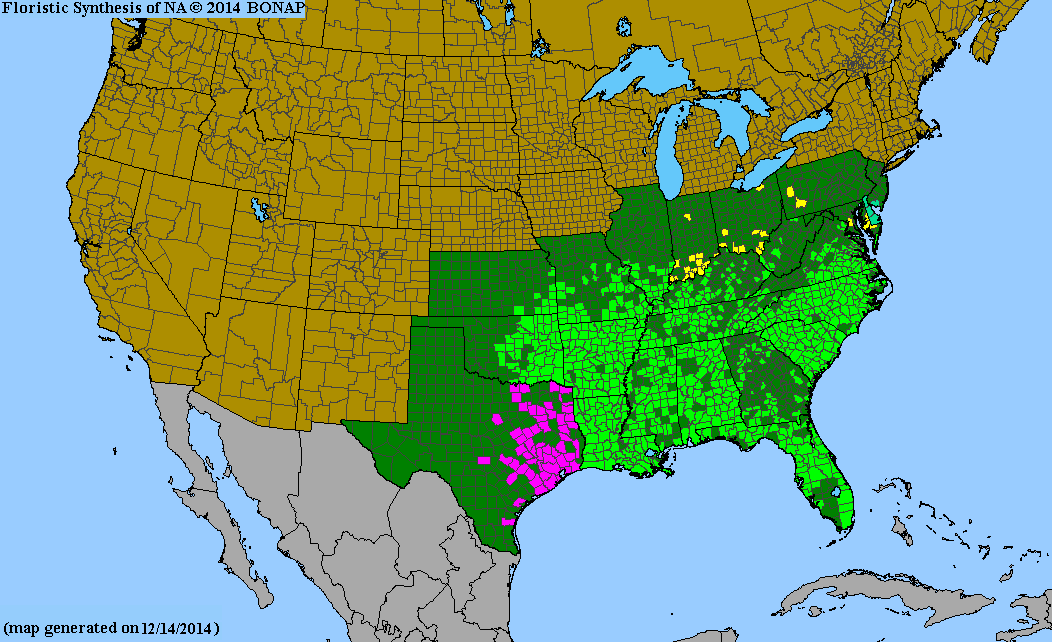This will repeat some of what was said before, but here’s my experience with them:
I don’t know about zone 5 but in general maypop is quite hardy for such a tropical plant. Unlike the other edible passifloras, it’s a herbaceous perennial, so don’t expect anything above ground to persist after first frost.
Assuming it makes it through the winter for you, you should be fine so long as it gets what it wants: sun, warmth, lots of light, warm soil, sunlight, and heat. Maybe that’s redundant but that’s what it likes. In your climate, go full sun and consider black plastic on the ground and maybe a poly tunnel at the start of the season. You’re going to be really tight in terms of growing season if you want fruit, so anything to push the plant along will help. Something sneaky and clever with the fertilizer regimen might help ad well, maybe high N at first and then high P mid summer to push flowing. I don’t know if maypop responds much to fertilizing, but it’s worth a shot. At least two individual plants is a good idea, since self pollination is iffy.
In my climate it can take part shade but it’s not best, and I’m three zones and several hundred miles south of you.
Well drained soil is important, but otherwise it’s not too picky from what I’ve seen. In the wild around here it shows up in disturbed upland sites, often in poor or meh soil. They do sucker a fair bit, but I don’t think they’re hard to control side the vines aren’t woody.
I’ve never had them with the fruit still green. We always waited until they turned yellow and wrinkled, unusually late summer for us and into the fall. They are very good in terms of flavor, at least our wild ones, better than the p. edulis I’ve had (though I admit I’ve never had those straight from the vine). Pretty seedy and a bit of work to eat though, they are basically just wild plants after all.
It has a huge range, so if you can get some from the northern part, they’ll most likely be hardier than the ones from further south.





